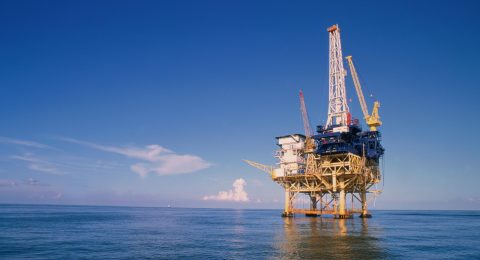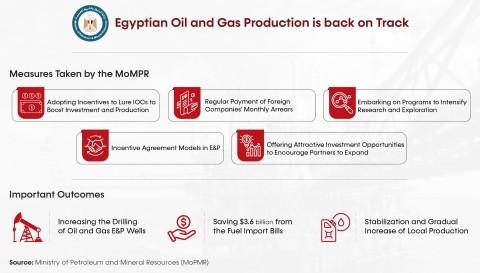Iran has discovered oil in its Caspian Sea waters for the first time in more than a century, the state-run Fars news agency reported.
The deposit was found at a depth of 2.5 kilometers (1.5 miles) during drilling on a natural-gas field and may contain 10bn barrels of crude, Fars said, citing the National Iranian Oil Co. That’s equal to 7 percent of Iran’s known reserves.
While Iran is the second-largest oil producer in the Organization of Petroleum Exporting Countries, most existing fields are in the south and the Arabian Gulf. Hampered by sanctions over nuclear ambitions, it doesn’t yet extract crude in the Caspian, where nations including Azerbaijan are tapping deposits and demarcation lines over territory are disputed.
“Iran has never found anything in its section of the Caspian because it’s deep water, so these would be the first wells ever drilled,” said Robin Mills, head of consulting at Dubai-based Manaar Energy Consulting and Project Management. “Ten billion barrels is certainly something to talk about. The question is whether Iran has the technology to develop it.”
The oil strike is Iran’s first in the Caspian Sea for 104 years, Fars cited Khazar Exploration and Production Co. Managing Director Ali Osouli as saying.
Iran has proven reserves of 151bn barrels, according to figures on the OPEC website based on 2010 data. The maximum estimated deposit at the Caspian Sea site would be slightly less than in the whole of Algeria, with 12.2bn, the data shows.
The Caspian basin may hold 17bn to 33bn barrels of oil, compared with the North Sea’s 17bn, the Iranian oil ministry news website, Shana, said in 2009. It may also hold 8,000bn cubic meters of gas, Shana said.
International oil and gas companies such as Royal Dutch Shell Plc and Total SA have exited Iran to comply with US sanctions over its nuclear program, forcing the Islamic state to rely on its own technology for exploration and production.
As a result, Iran risks becoming a less important global oil supplier, with its share of production likely to slip from 4.9 percent in 2010 to 4.5 percent in 2015, according to the International Energy Agency. Output dropped below 3.3m barrels a day last month, compared with 4.1m barrels a day in 2008, according to data compiled by Bloomberg.
National Iranian Oil said last year that more than $500 million would be spent installing a semi-floating drilling platform in the Caspian and that the first exploration well would be completed by the end of March, helping Iran to catch up with neighboring countries already developing crude deposits.
Kazakhstan aims to begin production in 2013 at Kashagan in the northern Caspian, the world’s fifth-largest oil field, with partners including Shell, Total, Eni SpA and Exxon Mobil Corp.
In neighboring Azerbaijan, BP Plc leads a group pumping oil at the Azeri-Chirag-Guneshli project, the largest field under development in its sector of the sea, according to BP’s website.
Souece: ArabianBusiness & Reuters











